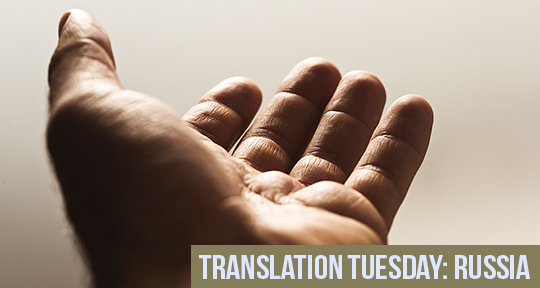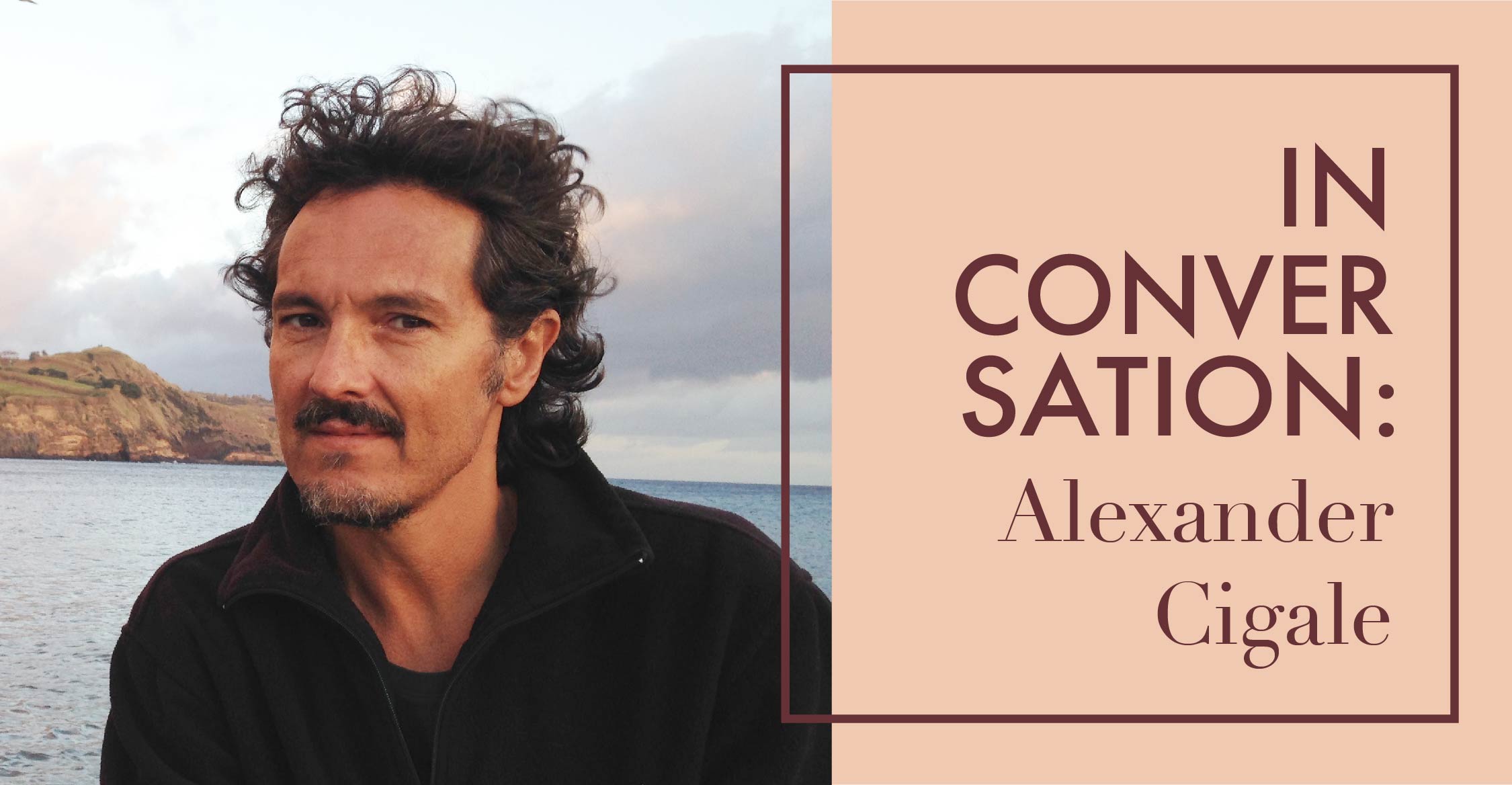A palm-reading leads a man to rationalize his life into absurdity in Arkady Averchenko’s satirical short story “Sleight of Hand,” our pick for this week’s Translation Tuesday. First published in Russia in 1912, the story follows a credulous yet self-assured man as he entertains one ridiculous conclusion after another while visiting a palm-reader. Our protagonist’s tone fuels much of the comedy, lending an almost fabulist tone that would seem cartoonish if our protagonist’s gullibility weren’t so commonplace. In a world of conspiracy theories and “alternative facts,” Averchenko’s century-old story probes a genuinely timeless phenomenon with his trademark sardonicism, an attempt at what we might call “epistemological humor.”
“You absolutely must visit this palm-reader” said my uncle. “He can tell your past, present and future—and he’s surprisingly accurate too! He told me, for example, that I would die in fifteen years.”
“I wouldn’t call that ‘surprisingly accurate,’” I objected. “We’ll have to wait and see, won’t we?”
“Wait for what?”
“Well, wait fifteen years. And if he does turn out to be right, then I certainly will have to visit him.”
“Ah, but what if he dies before then?” asked my uncle.
I paused for thought. Indeed, the death of this extraordinary person would leave me in something of a bind . . . If he were to kick the bucket, I’d find myself “blind”: unable to see into the future, and unable to remember my distant or even recent past.
Besides which, I thought, it’s in my interest to learn the time of my own death. I mean, what if I only had three weeks left to live? Who knows, I might even have a good thousand rubles sitting in the bank. I could be putting this to proper use—spending my last days on Earth living it up in style!
“All right, I’ll go,” I agreed.
The palm-reader turned out to be a wonderful fellow—devoid of any pride or arrogance, just as you’d expect from a person marked by God.
He bowed modestly and said:
“Although the future is hidden from our prying gaze, the human body does contain a certain document, which the experienced and knowledgeable eye can read like a book . . .”
“Is that so?!”
“This document is the palm of your hand! Each palm is unique, and she uses her lines to tell us everything—every detail of the person’s habits and character.”
My heart skipped a beat. READ MORE…


